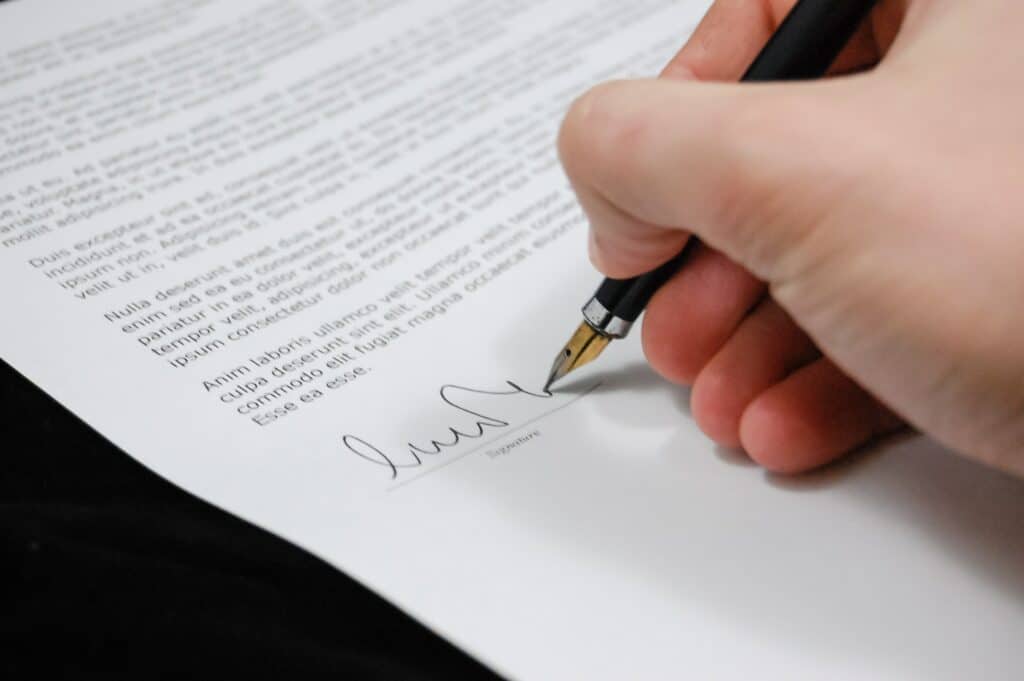 It is not uncommon to hear stories of parents asked to cover up or leave an area while breastfeeding. While we have seen a decline in this type of behavior, it still occurs. What some are not aware of is breastfeeding laws in the US protect against this type of harassment.
It is not uncommon to hear stories of parents asked to cover up or leave an area while breastfeeding. While we have seen a decline in this type of behavior, it still occurs. What some are not aware of is breastfeeding laws in the US protect against this type of harassment.
While some may not consider asking a parent to cover or feed elsewhere harassment, given the vulnerability of the parent and the need of the child, it is often viewed as harassment. This is both legally in some places, as well as felt by the parents.
As a Certified Breastfeeding Counselor, you do not need to know all the laws pertaining to breastfeeding. However, it is important to be aware of the general laws and where to point clients who may have questions.
What US States Have Breastfeeding Laws?
Some are surprised to know that all fifty states, the District of Columbia, Puerto Rico, and the Virgin Islands have laws which specifically allow breastfeeding in any public or private location they are otherwise allowed to be at.
In addition to the general laws in all US states and many territories:
- Thirty-one states, the District of Columbia, Puerto Rico and the Virgin Islands exempt breastfeeding from public indecency laws. Meaning, a breastfeeding parent cannot be charged with public indecency while preparing to and feeding their child.
- Thirty states, the District of Columbia and Puerto Rico have laws related to breastfeeding in the workplace. These laws may vary state to state but this means there is some level of protection related to breastfeeding and the workplace.
- Twenty-two states and Puerto Rico exempt breastfeeding mothers from jury duty or allow jury service to be postponed.
- Four states and Puerto Rico have implemented or encouraged the development of a breastfeeding awareness education campaign. While more state level education is needed, there are still public health campaigns in many states without specific legislation.
These basic laws are designed to help protect breastfeeding parents from discrimination in public and in the workplace. Public education campaigns not only increase breastfeeding rates by educating parents, but they also help to educate the public in interacting with breastfeeding parents.
State Specific Breastfeeding Laws
In addition to the basic protection for breastfeeding parents, some states have additional laws unique and very specific to breastfeeding. While many of these things are generally accepted in most areas, having legal protection can be important, especially in workplace, travel, and other situations.
Puerto Rico has some very specific breastfeeding laws which would ideally be implemented in US states and other territories. Puerto Rico requires shopping malls, airports, public service government centers, and other mentioned locations to have accessible areas designed for breastfeeding and diaper changing that are not bathrooms. Louisiana and Illinois also have laws requiring some locations to have lactation areas.
California and Illinois require most schools to provide lactation accommodations on campus. Four US states require childcare centers to have lactation areas for parents which are not the bathroom.
New York allows an infant under one year of age to accompany the breastfeeding parent to a correctional facility if the parent is breastfeeding at the time she is committed.
Washington state law provides midwifery and doula services for incarcerated women, which may include support and assistance during labor and childbirth, prenatal and postpartum education, breastfeeding assistance, parenting education, and support in the event that a woman has been or will become separated from her child.
There are many more state specific laws. As a Certified Breastfeeding Counselor, you will not need to recall every law. However, knowing that laws exist can help you point clients in the right direction when they have questions.
Being aware of laws in other states can also help if you are interested in lactation policy.